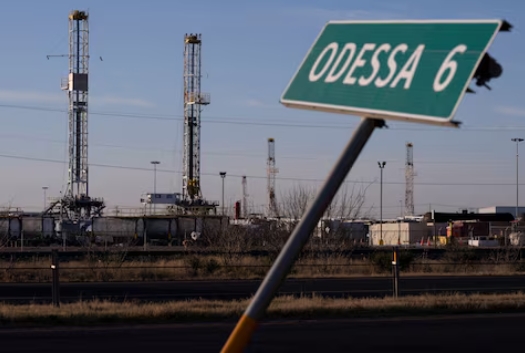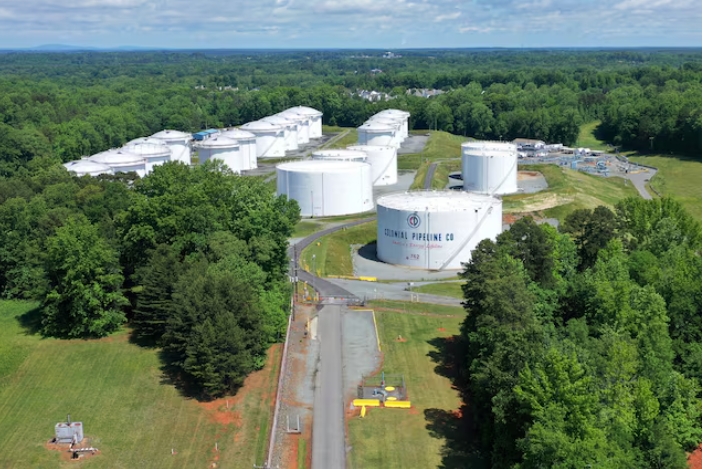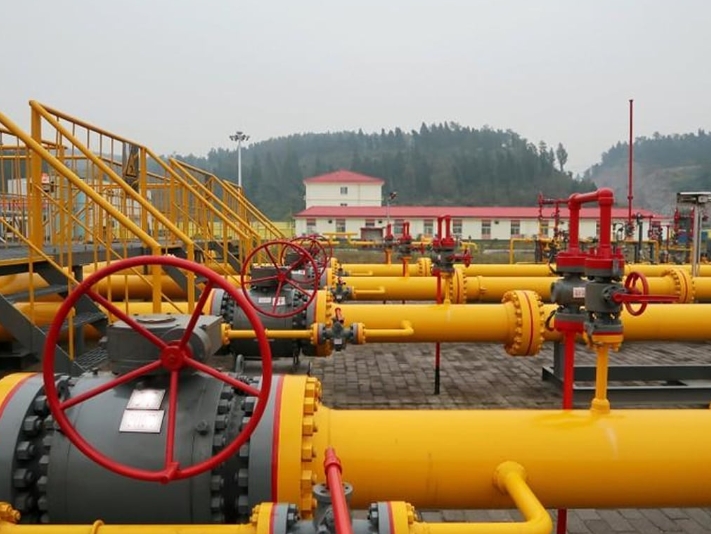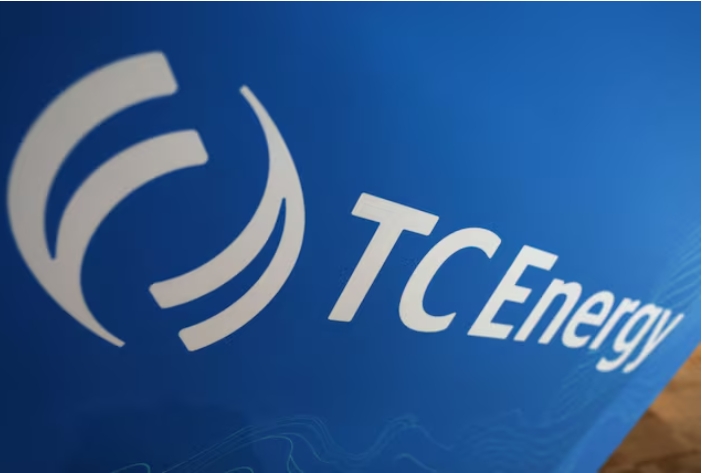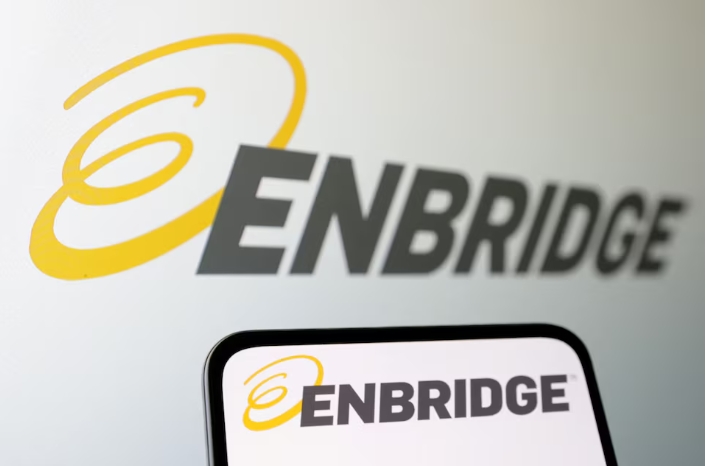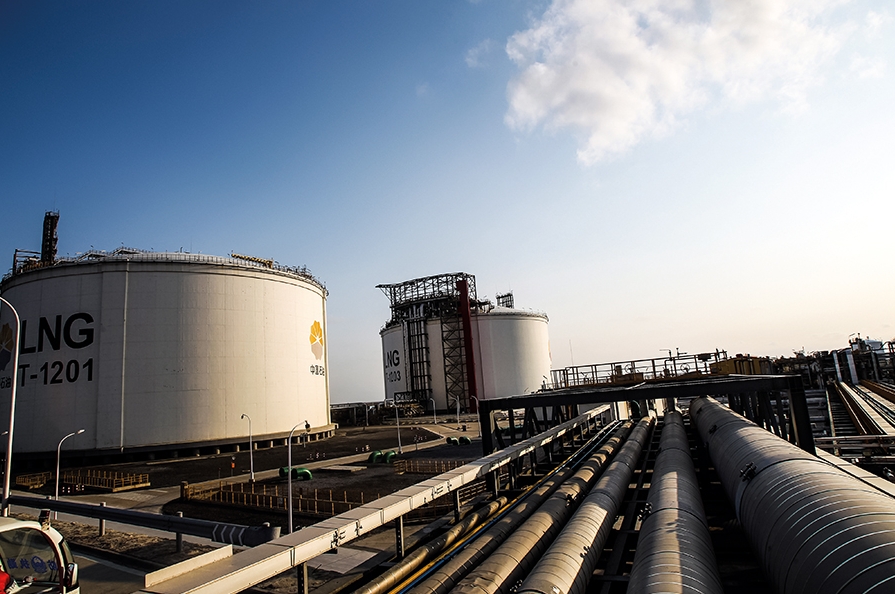U.S. operators have completed, started building, or announced a total of 19 petroleum liquids pipeline projects so far this year, the Energy Information Administration (EIA) said on Friday.
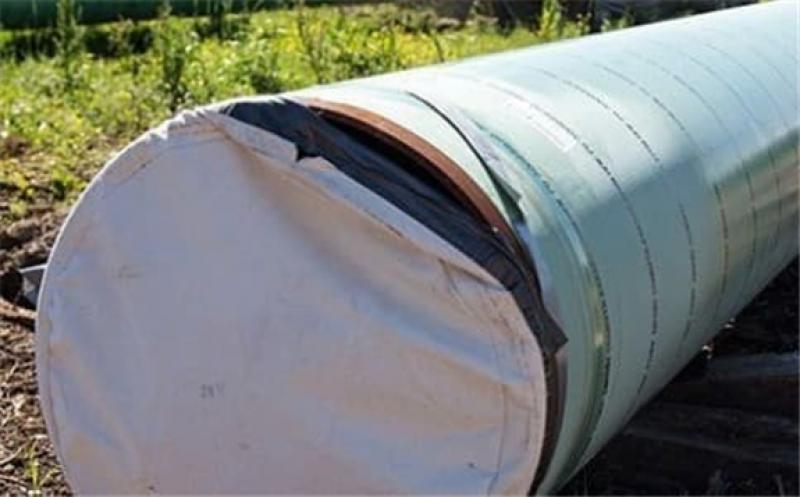
Two pipelines have already been completed so far in 2021, while 17 projects are either in the construction stage or announced, according to the latest data in EIA’s Liquids Pipeline Projects Database.
Of the 19 petroleum liquids pipelines, 12 are crude oil projects, six are hydrocarbon gas liquids (HGLs) projects, and one project is for carrying petroleum products. Ten out of the 19 projects are new pipelines, 7 projects are expansions or extensions of existing systems, and 2 projects are conversions of the commodity carried on the pipeline.
Last year, the U.S. saw a total of 24 petroleum liquids pipeline projects completed, including 11 crude oil projects, 12 HGL projects, and 1 petroleum product project. In 2020, a total of 11 projects were new pipelines, and another 11 projects were expansions of existing systems, the EIA data showed.
The record year for petroleum liquids pipelines was 2014, when as many as 35 projects were completed, followed by 30 projects completed in 2019, according to the EIA data.
In 2019, a lot of crude pipeline capacity came online in the Permian basin to take away surging crude production in the basin to refining hubs and export terminals.
More natural gas pipelines have entered into service in recent months to carry gas from the Permian basin to Mexico, boosting U.S. gas exports to America’s neighbor to the south and reducing the wide discount at which gas is traded at the Waha Hub in Texas, the EIA said earlier this month.
The increased gas pipeline takeaway capacity raised the gas prices at the Waha Hub and narrowed the discount of the gas price in West Texas to the U.S. benchmark at Henry Hub.
In the years before the 2020 crisis, prices at the Waha Hub even flipped to negative at times amid pipeline constraints and occasional issues at compressor stations.
